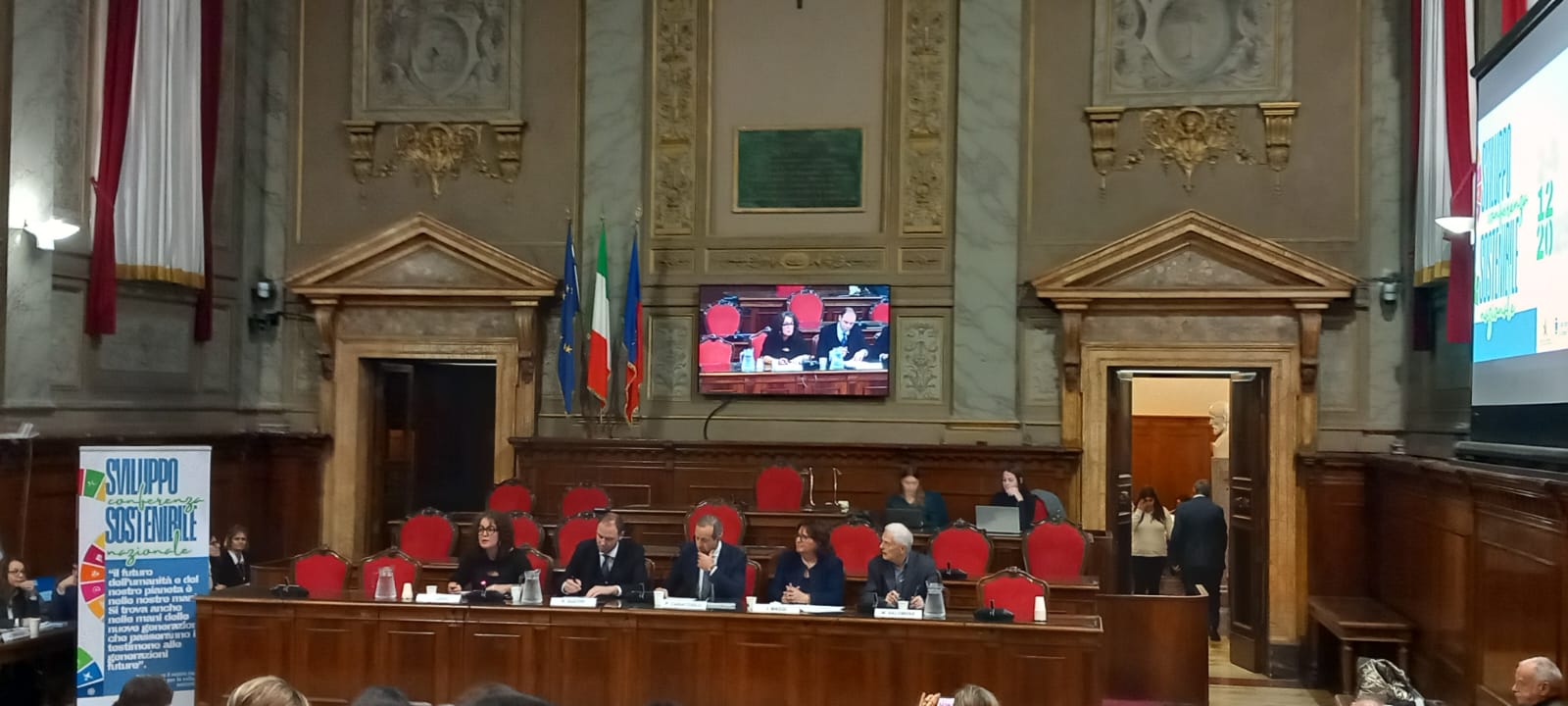The sustainability of Integrated Home Renovation Services: Insights from Vienna and Valencia
The Transnational Community platform on 26 November 2024 dedicated its Autumn meeting to the urging topic of the sustainability of one-stop shops (OSS) for energy home renovation. Focusing on the viability of an OSS after having received EU grants, the session featured key insights from Vienna’s and Valencia's OSSs. Vienna's OSS, called Hauskunft and launched under the H2020 co-funded project RenoBooster, operates since 2021 as a public service offering free consultations, bolstered by strong collaboration with the city administration, the utility company, and renovation-relevant stakeholders. They process over 600 consultations monthly, guiding homeowners on renovation subsidies and facilitating connections with skilled contractors. A critical factor in their success is their integration with the city administration, ensuring smooth subsidy distribution and robust support for citizens.
In Valencia, the OSS takes a different approach, leveraging energy bills as an entry point to engage homeowners in energy-saving renovations. Initially focused on energy poverty and solar panel adoption, the OSS has expanded its efforts to address heatwave mitigation—a pressing concern in Spain’s Mediterranean climate. Completely funded by the local authority, the office demonstrates how targeted public awareness campaigns can stimulate renovation demand.
The OSSs in Valencia and Vienna can both rely on the financial support of their local authority. They also both benefited from European fundings, although at different stages in development of their structures: while the OSS in Vienna used EU Grants to establish the OSS services, Valencia used the EU Grants only to test and launch new services. Nevertheless, exploring alternative funding models to reduce dependency on local council budgets is an important topic affecting the two. The open discussion emphasized that long-term OSS sustainability hinges on innovative strategies like performance-based incentives, partnerships with private entities, and broadening service offerings to navigate post-grant challenges effectively.
The materials from the meeting are available on our Community Intranet, HumHub, accessible for members. Not yet a member? The EU Peers membership is free, simple and full of benefits. You can join here: https://www.eu-peers.eu/member-application.
Related Articles

The New EPBD: A New Standard for a More Sustainable Future

How One-Stop Shops Are Transforming Building Renovation: Insights from ManagEnergy Master Class #7

EU Peers Showcased at Italy’s Third National Conference on Sustainable Development 2025
Empower yourself by becoming a member of EU Peers Community of Practice!
Empower yourself by becoming a member of EU Peers Community of Practice!
Expand your knowledge, connect with other organisations, and scale up the sector of IHRS by joining the vibrant and evergrowing Community of Practice



